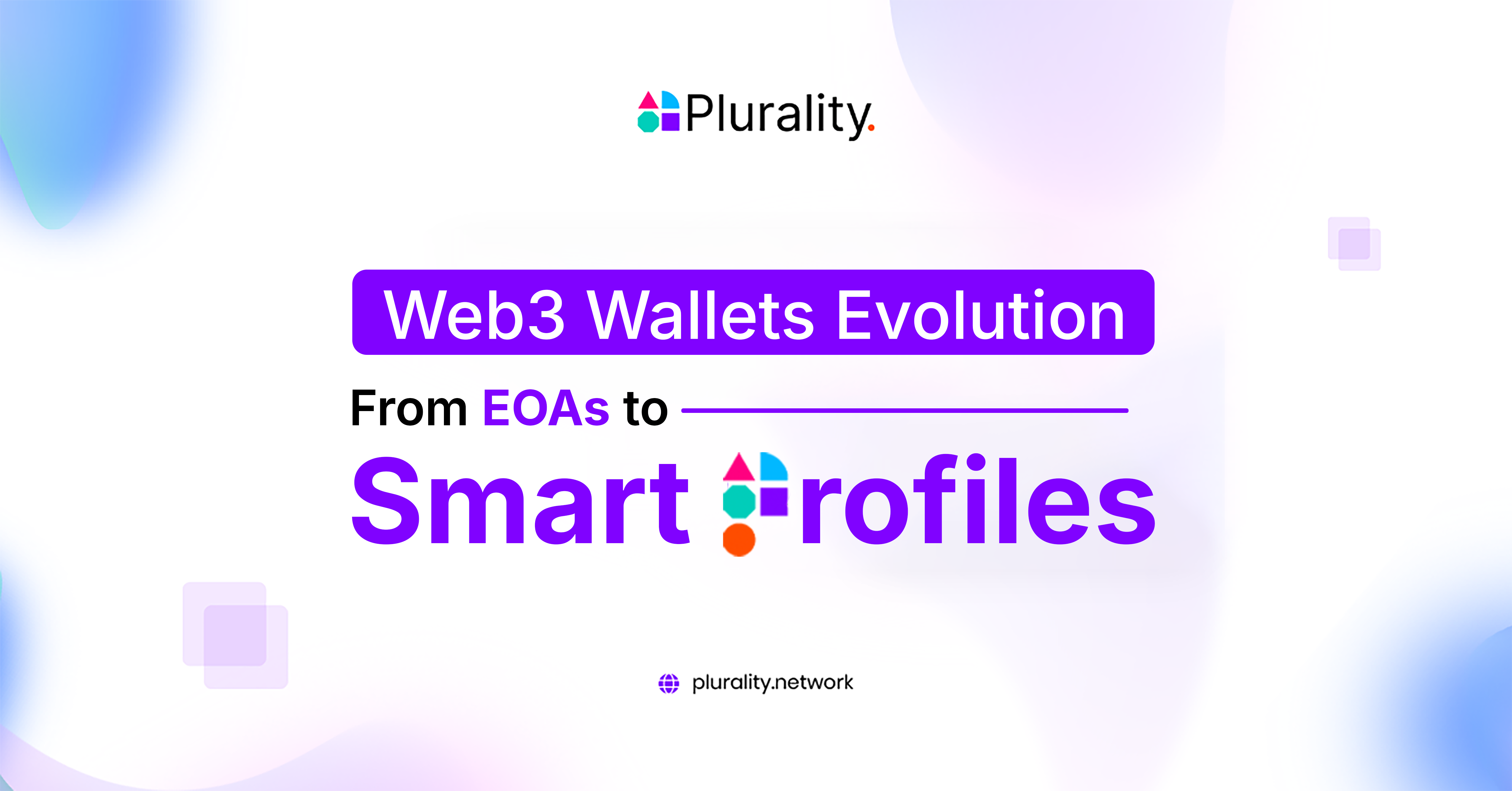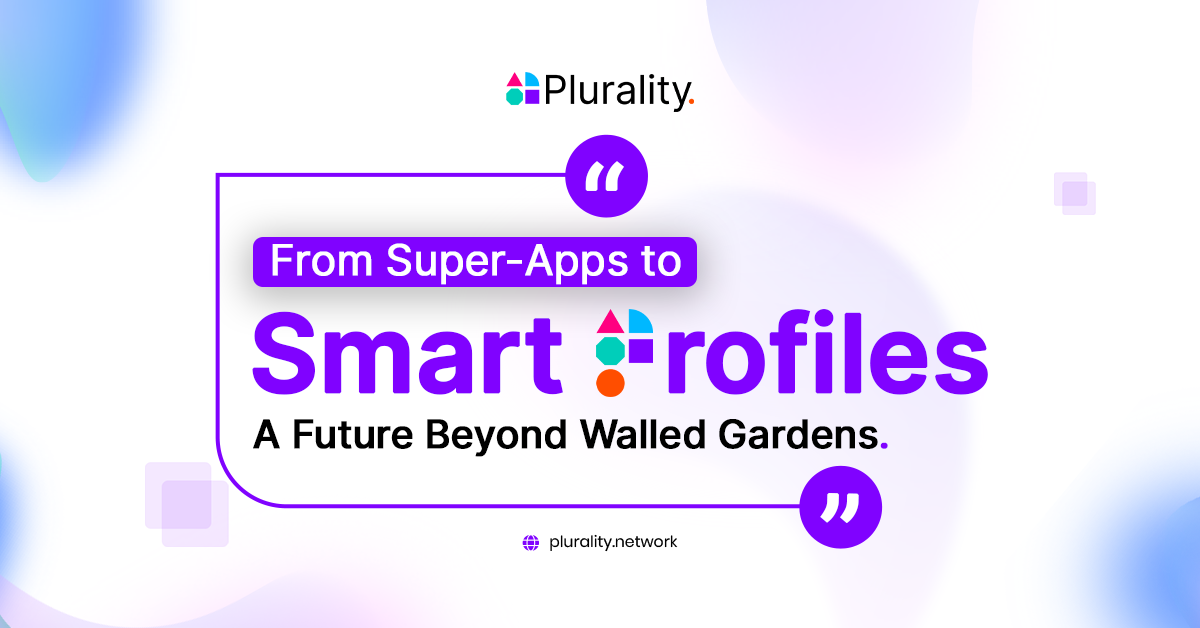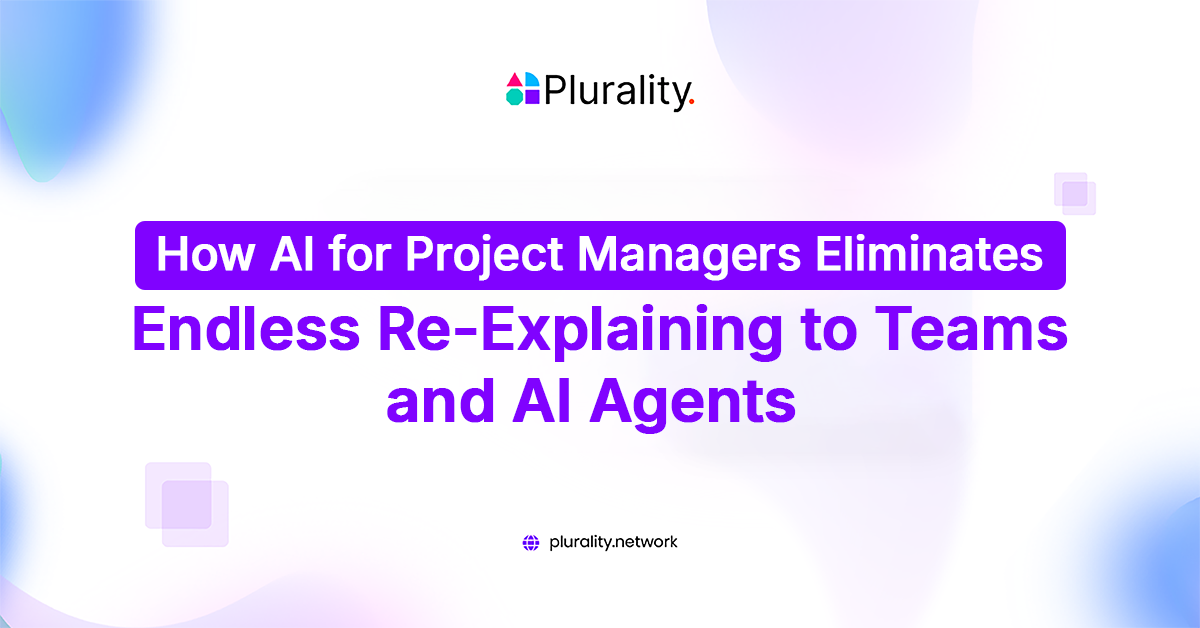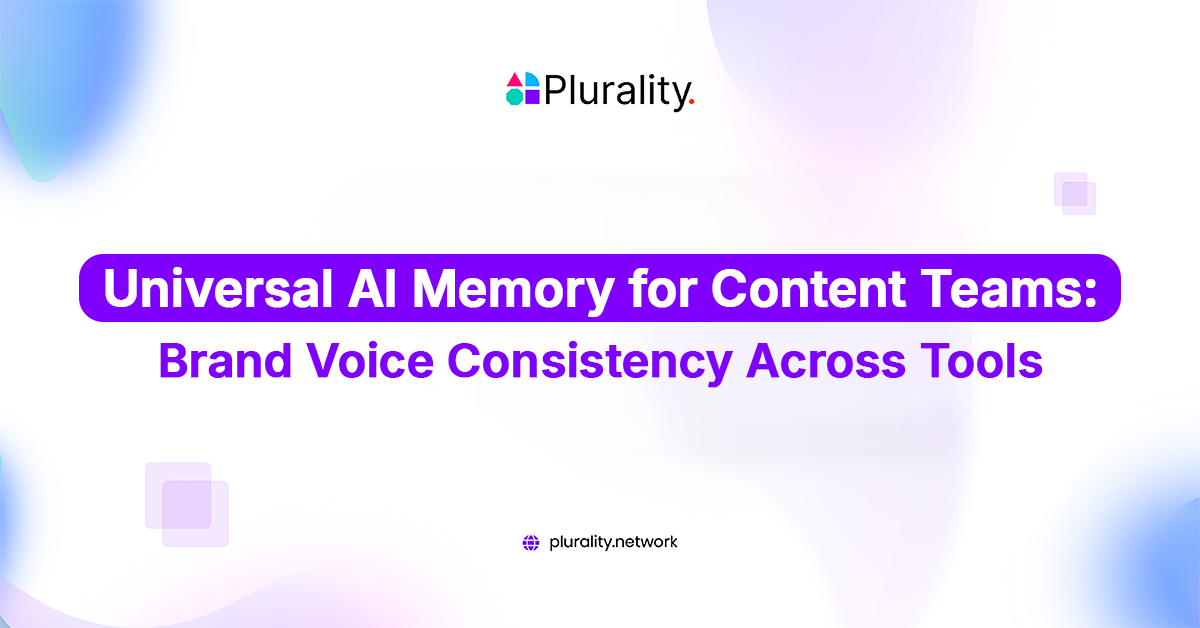From Super-Apps to Smart Profiles: A Future Beyond Walled Gardens
By Alev • December 12, 2024

We call apps like Alipay, Grab, and Gojek super-apps because they combine multiple services into a single space. They offer users not only convenience but also flexibility. Across these platforms, user data is leveraged to deliver adjacent services and enhance the overall experience.
For instance, you might come for the taxi booking but stay for the movie tickets (Gojek) or start with food delivery and end up booking a train ticket (Uber). Super-apps create value by reusing data across services, making them highly efficient and useful for users while also driving substantial revenue for providers.

How did they become super-apps?
These platforms started as apps designed for specific services. For example, Alipay started as a payment platform and has grown to include services like financial management, travel bookings, and social networking. Grab was a ride-hailing service but expanded into food delivery, digital payments, and insurance. Similarly, Gojek initially worked with motorbike taxis and now offers services ranging from grocery delivery to financial services. So, they were not called super-apps when they began. They have become indispensable in their respective regions, streamlining multiple aspects of daily life into a single platform.
But while these platforms are incredibly flexible and valuable, they operate as closed ecosystems or, more simply, walled gardens that limit their true potential.
Closed Ecosystems Are The Walled Gardens
Walled gardens thrive on centralized control. These platforms decide which services are integrated, how data flows between them, and how users access their offerings. This creates a smooth experience within the app but limits interoperability with other platforms. So, after signing up for any of these services, the user is locked in, making it hard to carry their identity or data to other platforms without friction.
This approach proves effective for short-term objectives but poses obstacles to sustained growth. Powering up a super-app with additional services includes tackling intricate challenges, including legal contracts, data-sharing agreements, and technical integration complexities. These obstacles hinder innovation and limit the ecosystem’s capacity to scale and evolve. The constraints of walled gardens highlight the necessity for a more open and user-centric strategy.
Smart Profiles Defy Walled Gardens
Smart Profiles represent the next evolution in digital identity. Unlike profiles locked within a single platform, Smart Profiles are unified, user-owned identities that work across platforms. Users can carry their data, preferences, and history between services, much like a digital passport. Smart Profiles integrates the best Web2 and Web3 technologies to create an ecosystem where users own the control.
With Smart Profiles, the power shifts to the individual. Users decide which data to share and with whom, enabling them to enjoy a seamless experience without being confined to one app. This creates a dynamic, user-first approach to digital engagement.
Features of Smart Profiles
- Modular Design: Users can tailor their Smart Profiles to specific needs, sharing only what’s required.
- Data Portability: Users retain ownership of their data and can move it freely across platforms, ensuring continuity without being tied to a single ecosystem.
- Privacy and Security: Smart Profiles protect privacy by leveraging Decentralized Identifiers (DIDs) and Zero-Knowledge Proofs (ZKPs). DIDs provide verifiable identities without a central authority, while ZKPs allow users to prove information without revealing sensitive details.
Empowering the Open Ecosystem
Smart Profiles opts for open ecosystems. Unlike walled gardens, open ecosystems prioritize interoperability and collaboration, enabling platforms to collaborate seamlessly. The reduction of friction associated with the integration of new services encourages innovation. So, the dApp owners can focus on creating value rather than navigating restrictive agreements.
Open ecosystems also empower users by giving them control over their data and experience. By removing the walls of closed systems, Smart Profiles allows users to access a broader range of services while maintaining their privacy and autonomy.
A Future Beyond the Closed Ecosystem
Digital identity is evolving beyond the confines of individual platforms. Smart Profiles allows users to transition smoothly between applications, maintaining control over their identity and data. This functionality streamlines everyday tasks like booking transportation, registering for services, or accessing personalized offers, creating a cohesive and efficient digital experience.
Open ecosystems powered by Smart Profiles are set to reshape the digital economy. These systems empower users by giving them ownership over their data while unlocking business opportunities and fostering cross-platform collaboration. By prioritizing openness, platforms can drive innovation, improve user satisfaction, and achieve sustainable growth.
The shift away from closed ecosystems is more than just a technological upgrade. It represents a fundamental change in perspective. It’s about ensuring that technology enhances human needs rather than dictating them. Plurality Network’s Smart Profiles lay the groundwork for this evolution, enabling new possibilities in a connected and user-centered digital era.




